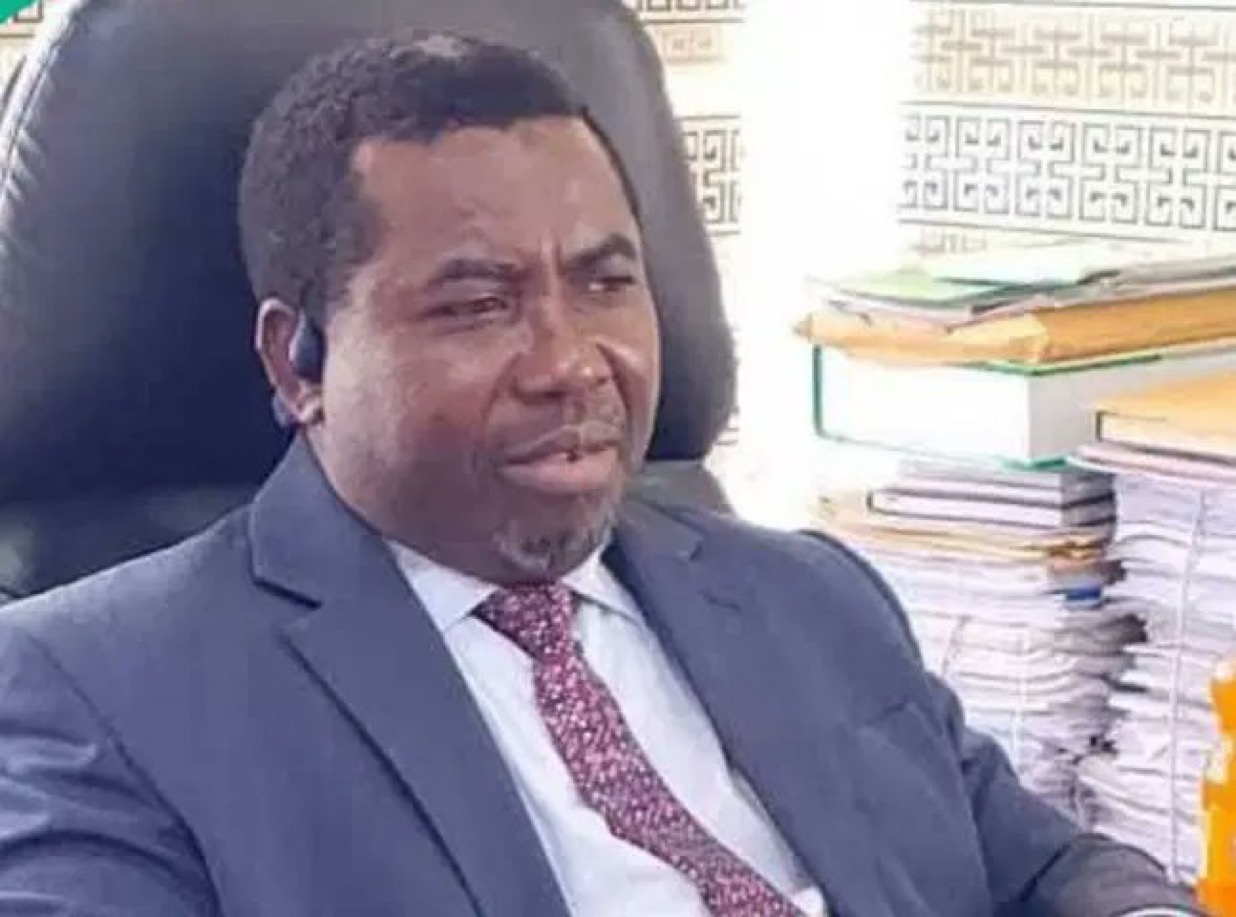
New INEC Chairman Joash Amupitan Urges Politicians to Win at Polls, Not in Court Amid Public Distrust

Nigeria’s newly appointed Independent National Electoral Commission (INEC) Chairman, Prof. Joash Ojo Amupitan, has urged political leaders to focus on winning elections through the ballot box rather than courtrooms, emphasizing a return to integrity in Nigeria’s democratic process.
Sworn in on October 23, 2025, Amupitan succeeds Prof. Mahmood Yakubu, whose tenure was marred by lingering controversies from the 2023 general elections, one of the most litigated in Nigeria’s history with over 1,200 court cases. In his inaugural statement, Amupitan stressed that the commission’s priority would be restoring public confidence through credible, technology-driven elections. “Political victory must come from the will of the people, not from post-election legal battles,” he declared, echoing his predecessor’s oft-repeated calls for electoral discipline.
A photo accompanying the announcement shows Amupitan seated in his office, surrounded by piles of election files and documents — a powerful visual metaphor for the administrative and ethical burden now resting on his shoulders. Yet despite the symbolism, public reaction to the message has been lukewarm. The post garnered just 141 views and 8 likes, with replies dripping in sarcasm and resignation. One user wrote, “We know how it ends 😂”, reflecting the cynicism of a populace long skeptical of INEC’s credibility.
Amupitan’s statement comes at a time when the commission faces mounting pressure to prove it has learned from past mistakes. Following the 2023 elections, courts overturned 20 governorship results across the country, exposing deep flaws in election management and documentation. INEC’s subsequent introduction of technological innovations like BVAS (Bimodal Voter Accreditation System) and real-time result transmission was meant to enhance transparency, but implementation lapses and inconsistent outcomes kept faith in the system fragile.
Political analysts note that Amupitan’s appointment symbolizes both continuity and reform, as he inherits Yakubu’s modernization agenda while confronting unprecedented public distrust. “His success depends not just on reforms, but on whether Nigerians believe those reforms work,” said one political observer.
As the next electoral cycle approaches, the new INEC leadership faces the monumental task of rebuilding legitimacy in a democracy where faith in the ballot has waned. Amupitan’s appeal for cleaner victories might signal a fresh start — but for many Nigerians, promises from the electoral body now sound more like recycled headlines than real change.


